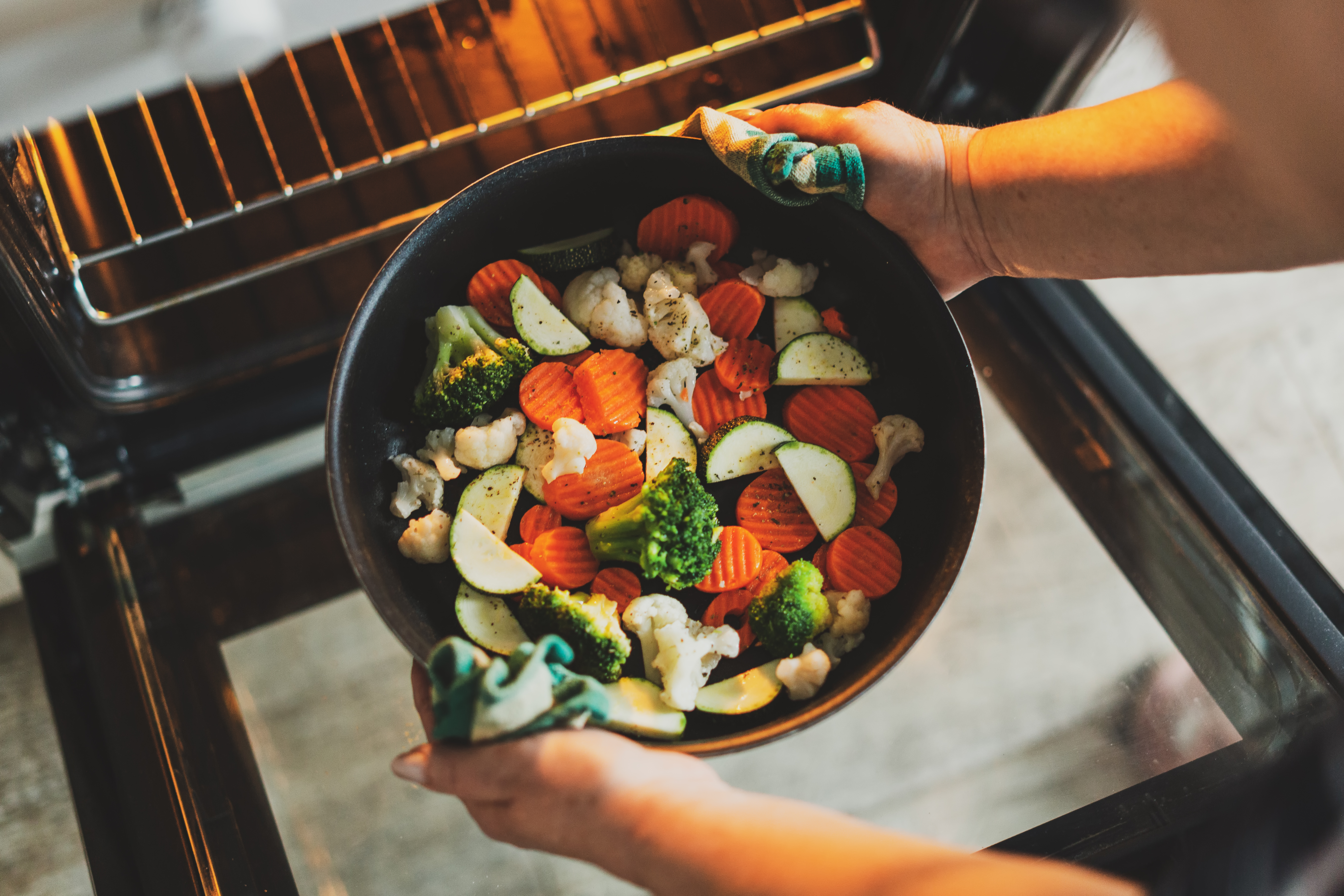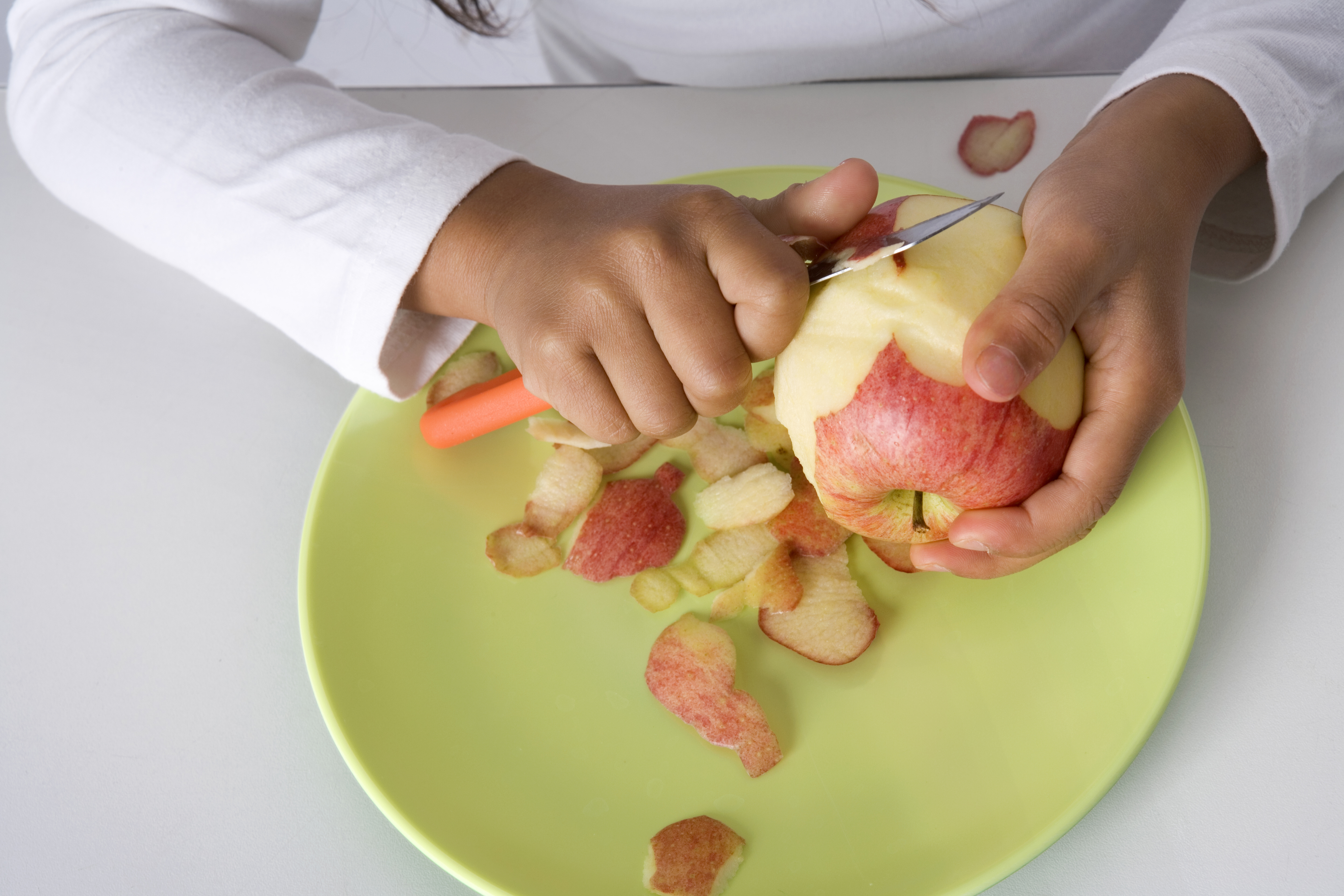11 Tummy Taming Tips: Navigating Your Way Through The IBS Diet Maze
Does figuring out what to eat with Irritable Bowel Syndrome (IBS) feel like you've been handed a compass that spins wildly in a dense, confusing maze? You're not imagining it. The abdominal cramps, the persistent bloating, the see-saw of diarrhea and constipation – these aren't just symptoms; they're frustrating roadblocks that regularly disrupt your life, all without any visible signs of disease in your digestive tract. For many, especially women under fifty and those also navigating mental health conditions like anxiety, this dietary puzzle can feel particularly isolating. While doctors work to rule out other conditions, the path to managing IBS often leads straight to your plate. If you're ready to trade confusion for clarity, this guide offers 11 essential tummy-taming tips to help you confidently navigate the IBS diet maze and find some much-needed digestive peace.
1. Cook All Vegetables

Although vegetables are an important part of a healthy diet for patients with irritable bowel syndrome, doctors and nutritionists typically recommend these patients cook all the vegetables they eat. Anecdotal evidence suggests consuming raw vegetables could exacerbate IBS symptoms, resulting in more severe abdominal pain and an increase in bloating, constipation, and diarrhea. Raw foods are more difficult to digest, and some experts believe consuming raw vegetables may lead patients to naturally consume a larger volume of vegetables than they might eat if the vegetables were cooked. Other researchers note some of the most popular vegetables used in raw salads, including mushrooms, snow peas, celery, and onions, are considered high-FODMAP (Fermentable Oligo-, Di-, Mono-saccharides, and Polyols) foods. These foods are poorly absorbed by the intestines, and they are recognized as triggers for irritable bowel syndrome symptoms. Regardless of the vegetables a patient chooses, cooking a vegetable will make it much easier for the body to digest. Patients might want to experiment with different cooked vegetables in their diets to see how they respond.
2. Consume Fruit Without Skins

Fruit skins contain insoluble fiber, which does not dissolve in water and is difficult to digest, so it remains mostly intact as it passes through the digestive system. Insoluble fiber makes stools bulkier, and it enables waste to pass through the bowels quickly. Eating too much insoluble fiber could worsen symptoms of diarrhea, so IBS patients who have diarrhea as one of their symptoms are often advised to consume fruit without skins. Since vegetable skins also contain insoluble fiber, individuals struggling to manage their irritable bowel syndrome symptoms may want to peel all of their fruits and vegetables. Fruits such as bananas may be helpful for patients with IBS. Some patients have reported problems with digesting melons, citrus fruits, and apples.
